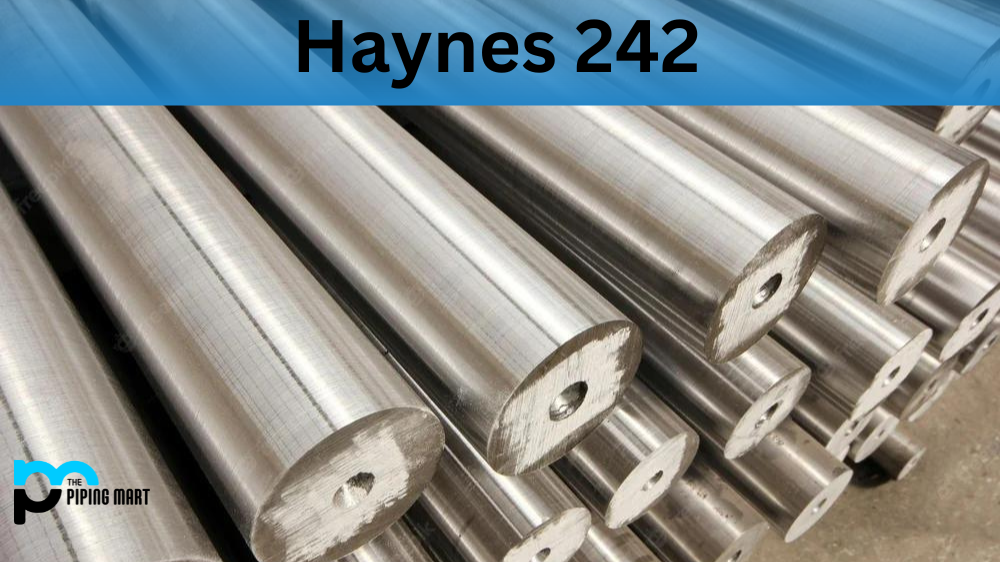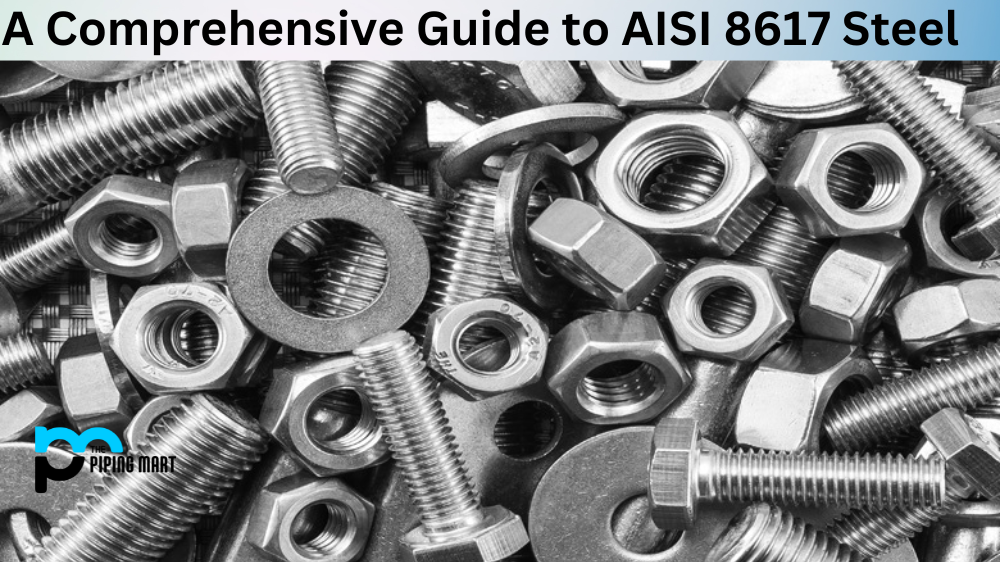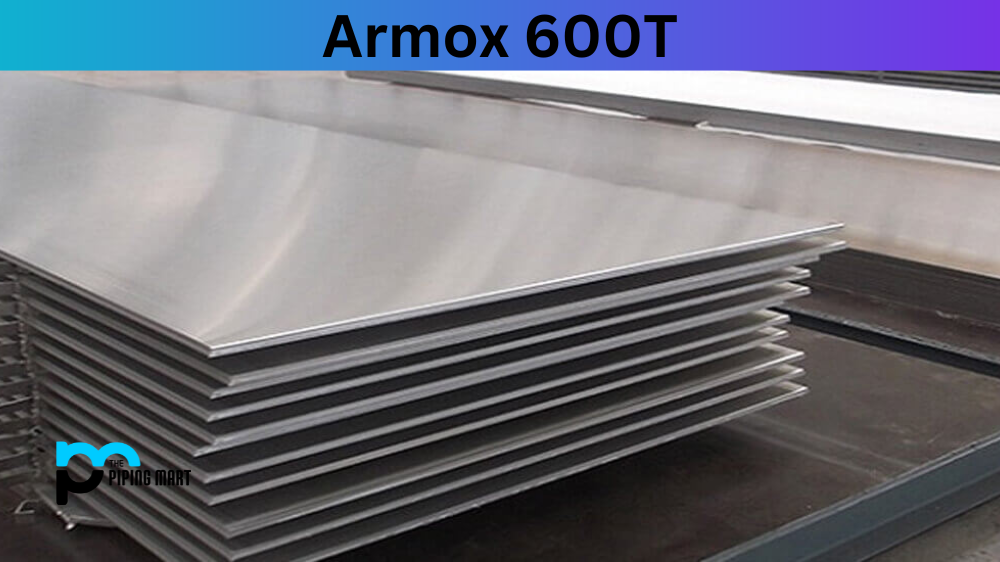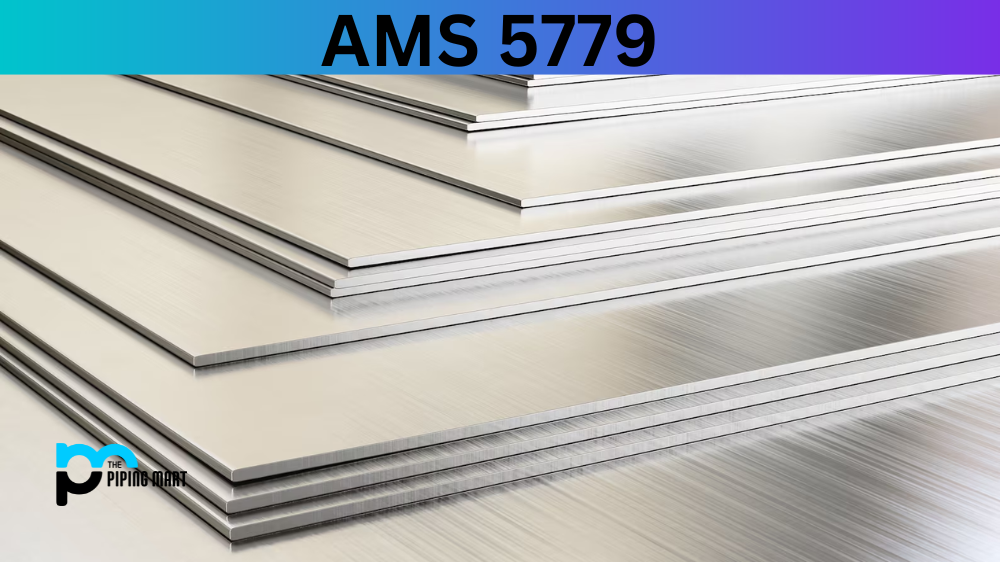UNS N10242 is a nickel-based superalloy that has excellent mechanical strength and corrosion resistance, making it an ideal material for use in high-temperature and highly corrosive environments. In this blog post, we’ll discuss the composition of Haynes 242 and its mechanical and physical properties and uses.
Haynes 242 Composition
Super Alloy HAYNES(r) 242 is a nickel-based superalloy of roughly 74% nickel, 20% chromium, 4% molybdenum, 2% tungsten, 1% manganese, and 1% silicon. These components give it some unique characteristics, making it an ideal material for high-performance applications.
| Element | Content (%) |
|---|---|
| Nickel, Ni | 58 |
| Molybdenum, Mo | 24-26 |
| Chromium, Cr | 7-9 |
| Cobalt, Co | 2.50 |
| Iron, Fe | 2 |
| Manganese, Mn | 0.80 |
| Silicon, Si | 0.80 |
| Copper, Cu | 0.50 |
| Aluminum, Al | 0.50 |
| Carbon, C | 0.030 |
| Boron, B | 0.0060 |
Haynes 242 Mechanical Properties
The combination of its components gives grade 242 several excellent mechanical properties. It has an ultimate tensile strength of over 1100 MPa (160 ksi) at room temperature and maintains its strength up to temperatures as high as 850°C (1562°F). This makes it an excellent choice for high-temperature applications such as aircraft engines. Additionally, its melting point is around 1350°C (2462°F), making it resistant to heat distortion during welding processes.
| Properties | Metric | Imperial |
|---|---|---|
| Tensile strength | 1290 MPa | 187000 psi |
| Yield strength (@strain 0.200%) | 845 MPa | 123000 psi |
| Elastic modulus | 229 GPa | 33200 ksi |
| Elongation at break (in 4D) | 33.70% | 33.70% |
| Reduction of area | 45.70% | 45.70% |
| Hardness, Brinell (converted from Vickers hardness) | 257 | 257 |
| Hardness, Knoop (converted from Vickers hardness) | 286 | 286 |
| Hardness, Rockwell C (converted from Vickers hardness) | 19 | 19 |
| Hardness, Vickers | 271 | 271 |
Haynes 242 Physical Properties
In addition to its excellent mechanical properties, Alloy 242 also has several useful physical properties. It has a low coefficient of thermal expansion which helps reduce thermal stress during operation in extreme environments. Additionally, it has good electrical conductivity thanks to its high nickel content, which makes it useful in electrical applications such as switch contacts or spark plugs. It also has excellent corrosion resistance due to its high chromium content, which helps protect against oxidation and corrosion from chemicals like acids or bases.
| Properties | Metric | Imperial |
|---|---|---|
| Density | 9.05 g/cm³ | 0.327 lb/in³ |
| Melting point | 1290-1375°C | 2350-2507°F |
Haynes 242 Thermal Properties
| Properties | Metric | Imperial |
|---|---|---|
| Thermal expansion co-efficient (@20-100°C/68-212°F) | 10.8 µm/m°C | 6 µin/in°F |
| Thermal conductivity | 11.3 W/mK | 78.4 BTU in/hr.ft².°F |
Haynes 242 Uses
Given its excellent mechanical and physical properties, Haynes 242 is used in a variety of applications, including aircraft engines, gas turbines, industrial furnaces, medical implants and other medical devices, automotive sensors, electrical connectors and switches, exhaust systems for vehicles or boats, pressure vessels for chemical processing plants, valves for gas pipelines or refineries and more. Its low coefficient of thermal expansion makes it especially suitable for aerospace applications where precision parts must withstand extreme temperatures without deforming or warping over time.
Corrosion Resistance
Its corrosion resistance also makes it useful in chemical processing plants where exposure to aggressive chemicals can cause a rapid deterioration in unprotected parts or materials.
Conclusion
Haynes 242 is an incredibly versatile material with a wide range of uses thanks to its excellent mechanical strength and corrosion resistance at elevated temperatures, good electrical conductivity, and relatively low coefficient of thermal expansion. It is used extensively in aerospace applications such as aircraft engines because it maintains structural integrity even under extreme conditions. Still, it can also be found in other areas, such as automotive sensors or valves for gas pipelines, due to its corrosion resistance capabilities. Whether you need something that can withstand extreme temperatures or stay intact under harsh chemical conditions – Haynes 242 might be the perfect solution!

A passionate metal industry expert and blogger. With over 5 years of experience in the field, Palak brings a wealth of knowledge and insight to her writing. Whether discussing the latest trends in the metal industry or sharing tips, she is dedicated to helping others succeed in the metal industry.




